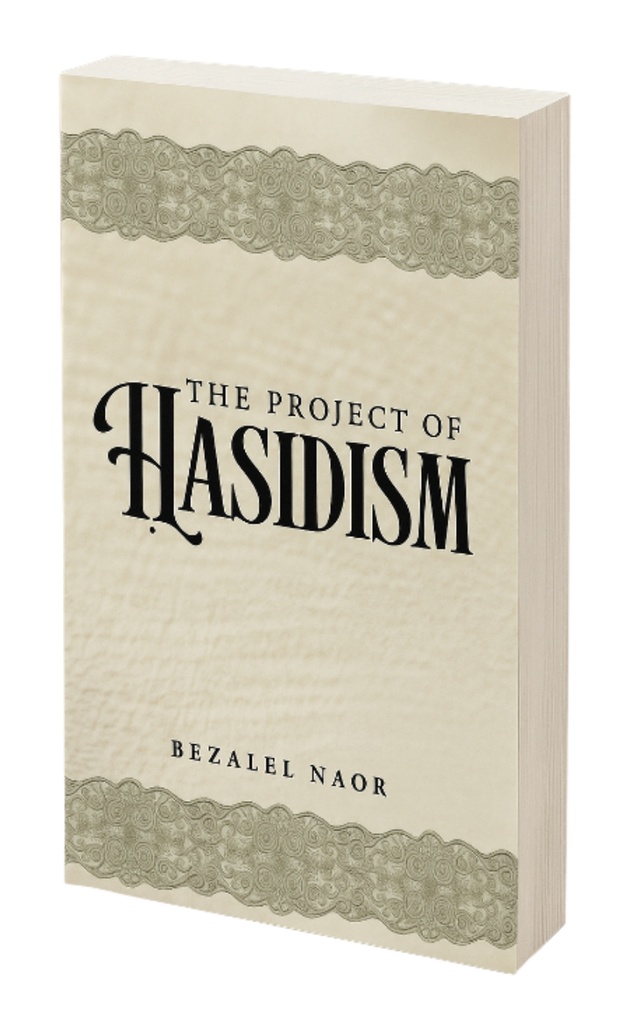The Project of Hasidism
Authors
Bezalel NaorSynopsis
The Project of Hasidism by Rabbi Bezalel Naor is a profound and original exploration of the spiritual, mystical, and philosophical dimensions of Hasidism, from its eighteenth-century origins to its contemporary expressions. This landmark volume engages with some of the deepest questions in Jewish thought, offering readers a guided journey through the heart of Hasidic spirituality, prophetic yearning, and Torah imagination. At the center of this collection is Naor’s bold interpretation of Hasidism as a prophetic project. Drawing on the teachings of Rabbi Yisrael Baal Shem Tov (the Besht), the Ari (Rabbi Isaac Luria), Maimonides, and Rav Avraham Yitzchak HaKohen Kook, Naor argues that Beshtian Hasidism aspired not merely to piety or emotion, but to the revival of prophecy within the Jewish soul. The lead essay, translated from the Hebrew ‘Inyanah shel ha-Hasidut, proposes that Hasidism sought to reclaim the imaginative faculty as a conduit for divine inspiration—an idea that radically departs from conventional views. Through carefully researched studies and comparative readings, Naor delves into:
- The philosophical tension between the Halakhah (Jewish law) and the extrajudicial and prophetic as seen in the teachings of Rabbi Mordechai Yosef Leiner of Izbica and Rabbenu Nissim of Girona
- The contrasting mystical approaches of Chabad (Lubavitch) and Mitnagdism, especially through the figures of Rabbi Eizik of Homel and Rabbi Asher of Tiktin
- The radical creativity of the Mitteler Rebbe and the intellectual resistance from contemporaries like Rabbi Eliakim ha-Milzahgi
- The Hasidic emphasis on music, dance, storytelling, and holy joy
- The empowerment of the prophetesses such as the Besht’s daughter Adel and his granddaughter Feige
Naor also reflects on the legacy of the Vilna Gaon and his opposition to Hasidism, offering psychological, historical, and theological explanations for the Mitnagdic critique. Later chapters trace the evolution of neo-Hasidism, the encounter between Brisker Talmudism and spiritual revival, and the potential synthesis envisioned by figures like Rav Kook, who wrote, “How lovely is the conversation of the disciples of the Vilna Gaon with the disciples of the Besht.” Enhanced by Hasidic genealogical charts, including those of Chabad, Kotzk, Sokhatchov, Gur, Izbica-Radzyn, and Lublin, this volume is a treasure trove for anyone interested in the intellectual history of Hasidism, Kabbalah, Jewish mysticism, or the modern rebirth of Jewish spiritual consciousness. Whether you are a student of Jewish philosophy, a rabbi, educator, academic scholar, or spiritual seeker, The Project of Hasidism offers vital insights into the soul of Hasidic theology, its messianic longing, and its enduring relevance to our generation.
Publisher:
Kodesh Press
